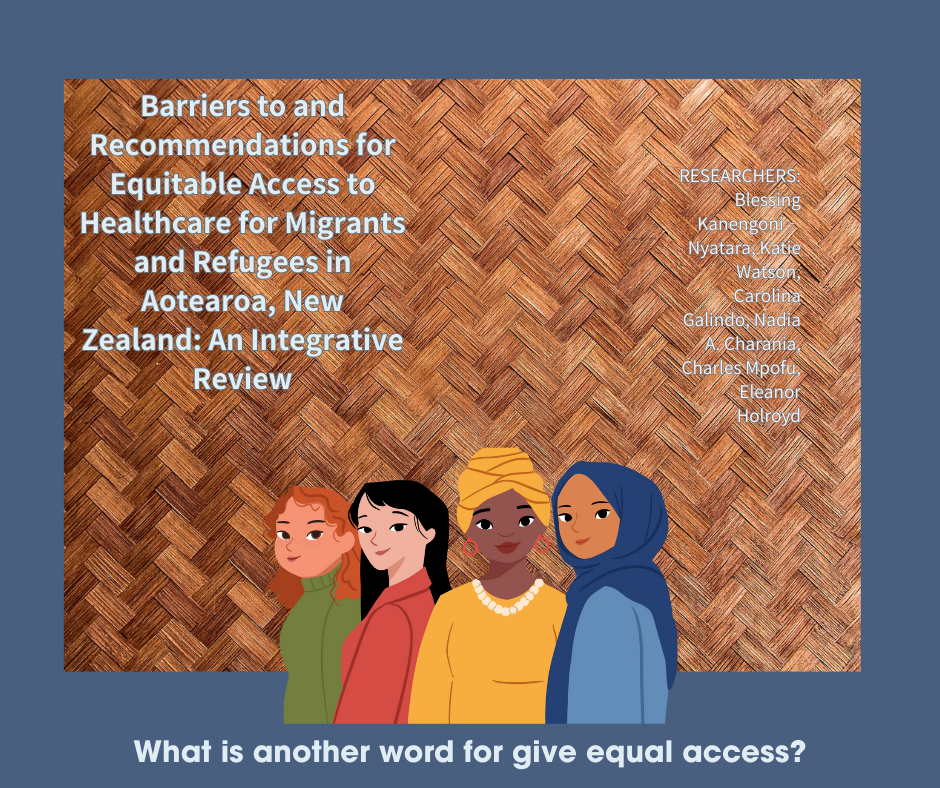Blog
The News and musings from the yards, barrel halls and tasting panels, and from on the road traveled between.
Chinese migrant communities’ relationships to coastal spaces in the ‘City of Sails’, Aotearoa New Zealand
New Zealanders have long-standing and multifaceted relationships with coasts, including recreation activities in, on and by the water. Leisure scholarship to date has paid little attention to outdoor recreation in…continue reading
Long Term Impacts of Youth Mentoring: A thematic analysis of interviews collected with previous mentees, mentors and mentee whānau of the Challenge for Change mentoring programme.
Challenge for Change (C4C) is a mentoring programme run by BGI, a youth development organisation. C4C fosters mentoring partnerships between volunteer mentors and young people ages 9-13. This research aimed…continue reading
Barriers to and Recommendations for Equitable Access to Healthcare for Migrants and Refugees in Aotearoa, New Zealand: An Integrative Review

The health system in Aotearoa New Zealand is predicated on equity in access to health services as a fundamental objective yet barriers to equitable access for migrant and refugees continue…continue reading
CONNECTING HOMELANDS Telling the stories of Post-war Cretan Migrant Women in Aotearoa New Zealand An oral history and digital storytelling project
This digital archive contains the material of an oral history project that recorded the personal stories of elderly Cretan Greek women who came to New Zealand in the early 60s…continue reading
